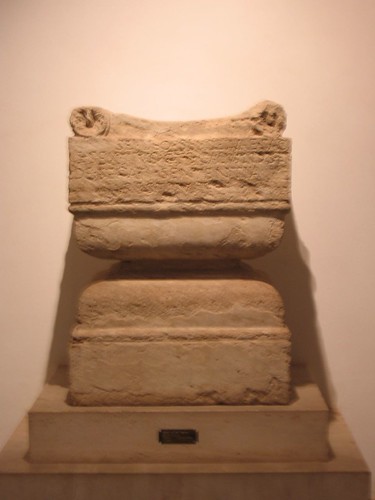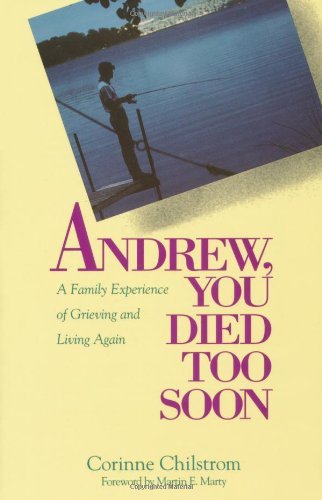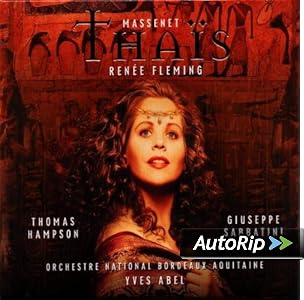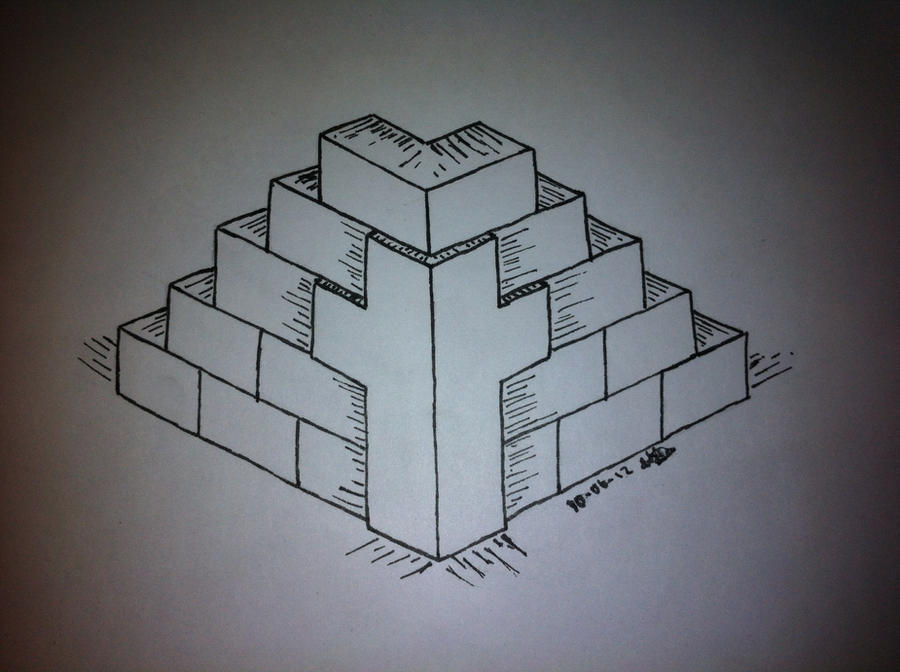Luke 24:13-35, Easter 3A, May 4, 2014
Grace and peace be unto you from God our Father and from our Lord and Savior Jesus Christ, Amen.
Earlier this week, at the first call spring retreat, Pastor Gloria Dovre from SEIA Synod simultaneously caused the greatest dread for some and the greatest joy for others - she asked us to be creative. More specifically, she expected us each to create a piece of visual art.
During our break, Gloria transformed our meeting room into a craft room. There were tarps on the floor and plastic cloths on the tables. One long table was covered with materials to make mosaics. There were sheets of stained glass, stone, and mirrors. There were wooden trays that were blank canvases for the adventurous.
There were literal blank canvases too. The second table was set up for painting with lots of acrylics and a menagerie of paint brushes. The third table was full of paper supplies, including graph paper, tracing paper, and notecards. Each blank paper was just waiting to become something new. There were special pencils, crayons, and more. There was something for everyone - for those who are boldly innovative and for others who are shyly intuitive.
After briefly describing what was available to us and how to use them, Gloria set us loose. I immediately gravitated toward the acrylic paint. I had a project in mind that I had never taken the time to do. I grabbed a brush and some water, squirted some brightly colored paint onto a paper plate, and chose a canvas. I picked a repurposed 9 x 12 canvas that had been covered in Gesso. The back of the canvas shows hints of what might be underneath.
While I painted a deep red cross on a bright yellow background with orange sunbeams streaming, I reflected on what I had learned during the retreat. I considered how the theme of stewardship transcends how we use our money, time, and talents. I thought about all that God has entrusted to me. Money, yes, and time, too. God also has entrusted to me the ministry of this church. Through my ordination, God and the church have given me the authority to interpret scripture and administer the sacraments. These are huge responsibilities.
As I painted, I thought back to my ordination. Bishop Wayne Miller asked me some vast questions that day, including: “Will you give faithful witness in the world, that God’s love may be known in all that you do?” To that question, and to all the others, I answered, “I will, and I ask God to help me.” I will, and I ask God to help me.
These are powerful words that remind me all of God’s gifts that I am entrusted to steward - the word of God, the creeds, the Lutheran confessions, the holy sacraments, and you as well. The severe importance of all that I do can weigh heavy on me at times. In those moments, I almost begin to chant, “I will, and I ask God to help me. I will, and I ask God to help me.”
Then I think back to my installation. On that day, I made many of the same promises in your presence. Bishop Michael Burk asked me to steward the call of this church, to preach and teach the scriptures and the confessions, to follow the constitution of the ELCA, to nourish you through word and deed, and once again, “Will you give faithful witness in the world, that God’s love may be known in all that you do?” Once again, to this and all the other questions, I responded, “I will, and I ask God to help me.”
You also shared these words. Bishop Burk asked if you will pray for me, honor me, and regard me as “a servant of Christ and a steward of the mysteries of God.” You responded, “We will, and we ask God to help us.” Those words keep me going when I don’t think I can go anymore.
I think the disciples were at this point when they head off to Emmaus. These two are not from the eleven, yet they had followed Christ for some time. They had heard him teach and preach and perform miracles. They were servants of Christ and stewards of the mysteries of God. At the time of our gospel lesson, it is Easter day. Some of the women saw a vision of angels at the empty tomb, and the others saw that the tomb was empty, but nobody yet had seen Christ alive.
They were confused and these two were talking passionately about all that they had experienced in the past few days. Then they meet a stranger on the road who described Christ in more detail than they knew possible. Their hearts were burning within them. They knew that this experience was special, even if they didn’t know why.
So, when they reach their destination and the stranger tries to leave, they urge him to stay. They invite him in. Then, even though he was the guest, he blesses and breaks the bread. In that moment, the two disciples realize that all along the stranger is Jesus Christ, alive and risen from the grave. When he disappears, they race back to Jerusalem so they can tell the others about all that they have experienced.
They recognized Jesus in the breaking of the bread just as we recognize Jesus in the bread and wine of communion. For them, breaking bread was a common practice - at every meal they shared bread with each other. So also, may we see Christ in each other through ordinary daily events.
They recognized Jesus after he had explained his role in salvation history according to what is recorded in the Old Testament. Now we recognize Jesus as recorded in the New Testament. Having heard Jesus’ story of life, death, and resurrection every year of our lives, may we see Christ outside scripture in our church, our community, and the world.
Even when they did not know that they were talking to Christ resurrected, their hearts were burning within them. With every word and every insight, they knew that this was no ordinary conversation. In this church, may our ordinary experiences turn extraordinary when we realize that Christ is in our midst.
My heart was burning within me at my ordination and at my installation each time I said, “I will, and I ask God to help me.”
May our hearts burn with insight as we read scripture together.
May our hearts burn with eagerness as we receive the sacraments.
May our hearts burn with compassion as we feed the poor.
May our hearts burn with God’s love as we faithfully witness to the world. Amen.


















